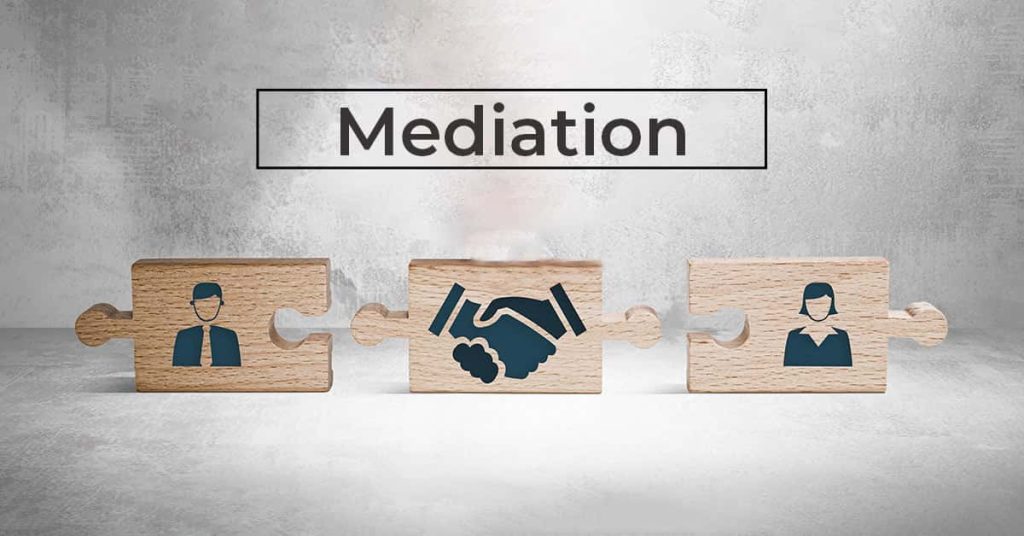Disputes are an inevitable part of human interaction, arising from conflicting interests, values, or interpretations. However, it is how we navigate these conflicts that truly define our relationships and outcomes. Enter mediation services, a transformative approach to resolving disputes with grace and efficiency. Mediation offers a structured yet flexible process where a neutral third party assists parties in conflict to communicate, understand each other’s perspectives, and reach mutually acceptable agreements. Unlike adversarial approaches such as litigation, mediation focuses on collaboration rather than confrontation, aiming for win-win solutions that prioritize relationships and long-term harmony. One of the most significant impacts of mediation is its ability to foster open communication and understanding among conflicting parties. In a mediated setting, individuals have the opportunity to express their concerns, interests, and underlying needs in a safe and confidential environment. This exchange of perspectives often unveils common ground and reveals previously unseen possibilities for resolution. By actively listening and acknowledging each other’s viewpoints, participants can move beyond entrenched positions and explore creative solutions that address the root causes of the dispute.

Moreover, mediation empowers individuals to retain control over the outcome of their dispute. Unlike court-imposed judgments where decisions are made by a judge or jury, mediation allows parties to craft customized solutions that reflect their unique circumstances and priorities. This sense of ownership not only enhances the satisfaction of the parties involved but also promotes compliance with the agreed-upon terms. By actively participating in the resolution process, individuals are more likely to uphold their commitments and maintain positive relationships moving forward. Additionally, mediation offers a more cost-effective and time-efficient alternative to traditional litigation. Court proceedings can be lengthy, complex, and expensive, often exacerbating tensions and draining resources for all involved. In contrast, mediation sessions are typically scheduled at the convenience of the parties and can be completed in a fraction of the time required for a court case. This not only reduces the financial burden but also allows for swifter resolution, enabling individuals to focus their energy and resources on more productive endeavors.
Furthermore, mediation promotes long-term conflict prevention and relationship preservation. By addressing underlying issues and improving communication skills, mediation equips individuals with the tools needed to navigate future disputes constructively. Rather than harboring resentment or escalating conflicts, parties learn to approach disagreements with empathy, patience, and a willingness to collaborate and check this site https://www.westlake-mediation.com/austin/mediation/. This proactive approach not only prevents future conflicts from arising but also strengthens interpersonal connections, fostering a culture of trust and mutual respect. In conclusion, mediation services offer a transformative approach to resolving disputes with grace and effectiveness. By fostering open communication, empowering individuals, and promoting collaboration, mediation facilitates the creation of sustainable solutions that prioritize relationships and long-term harmony. Whether in personal, professional, or community settings, the principles of mediation can pave the way for a more peaceful and cooperative society, where conflicts are viewed not as obstacles but as opportunities for growth and understanding.
